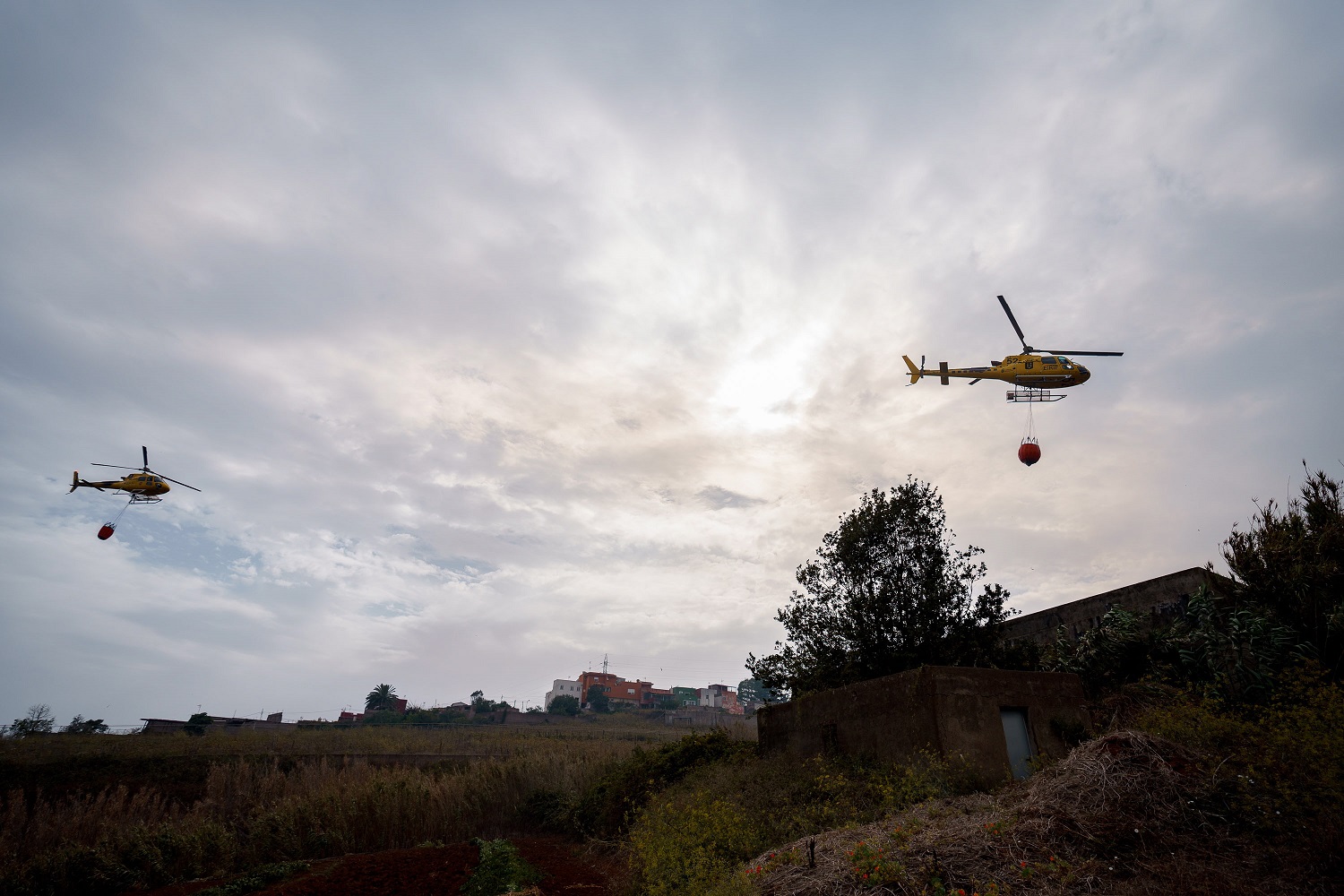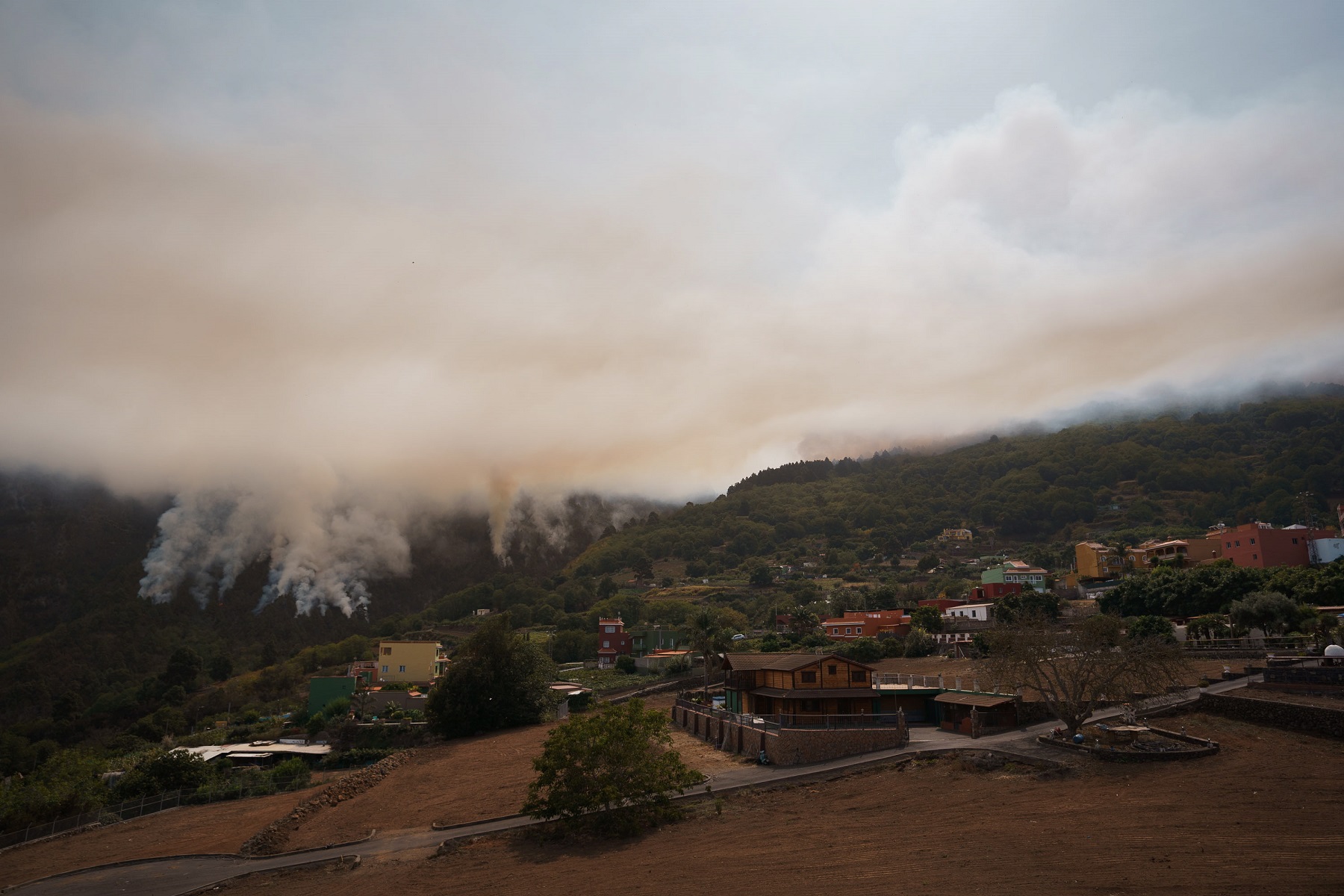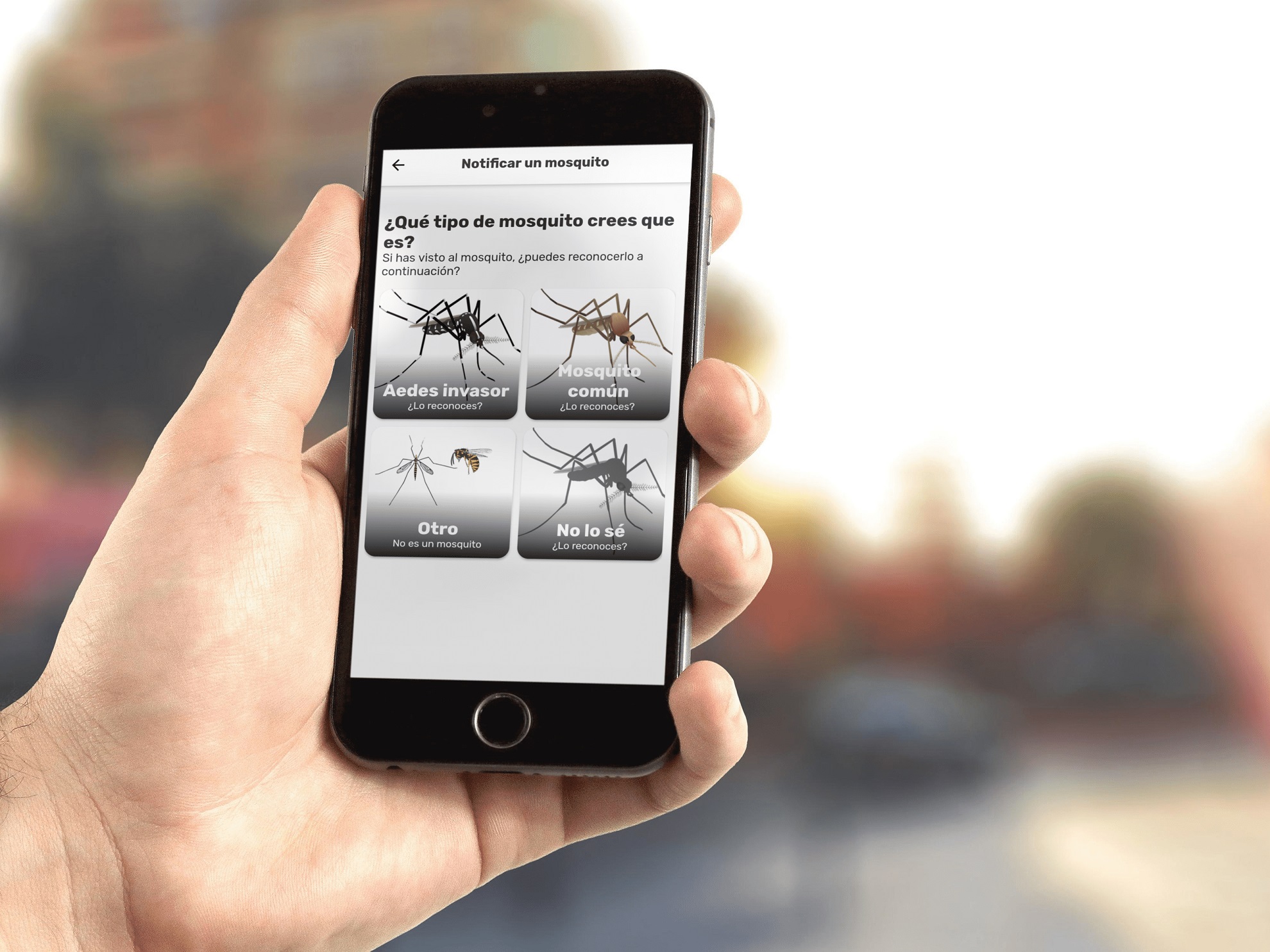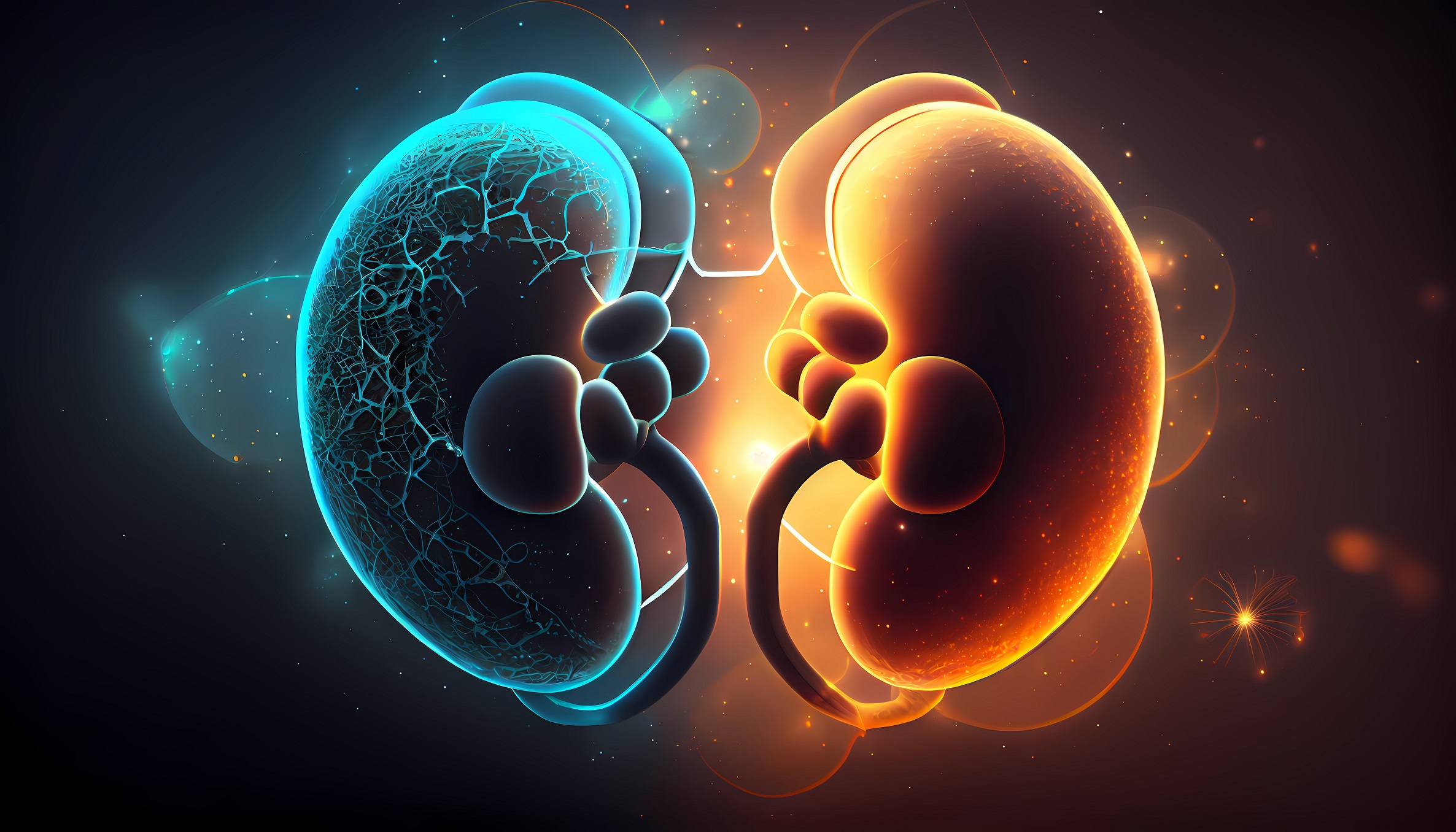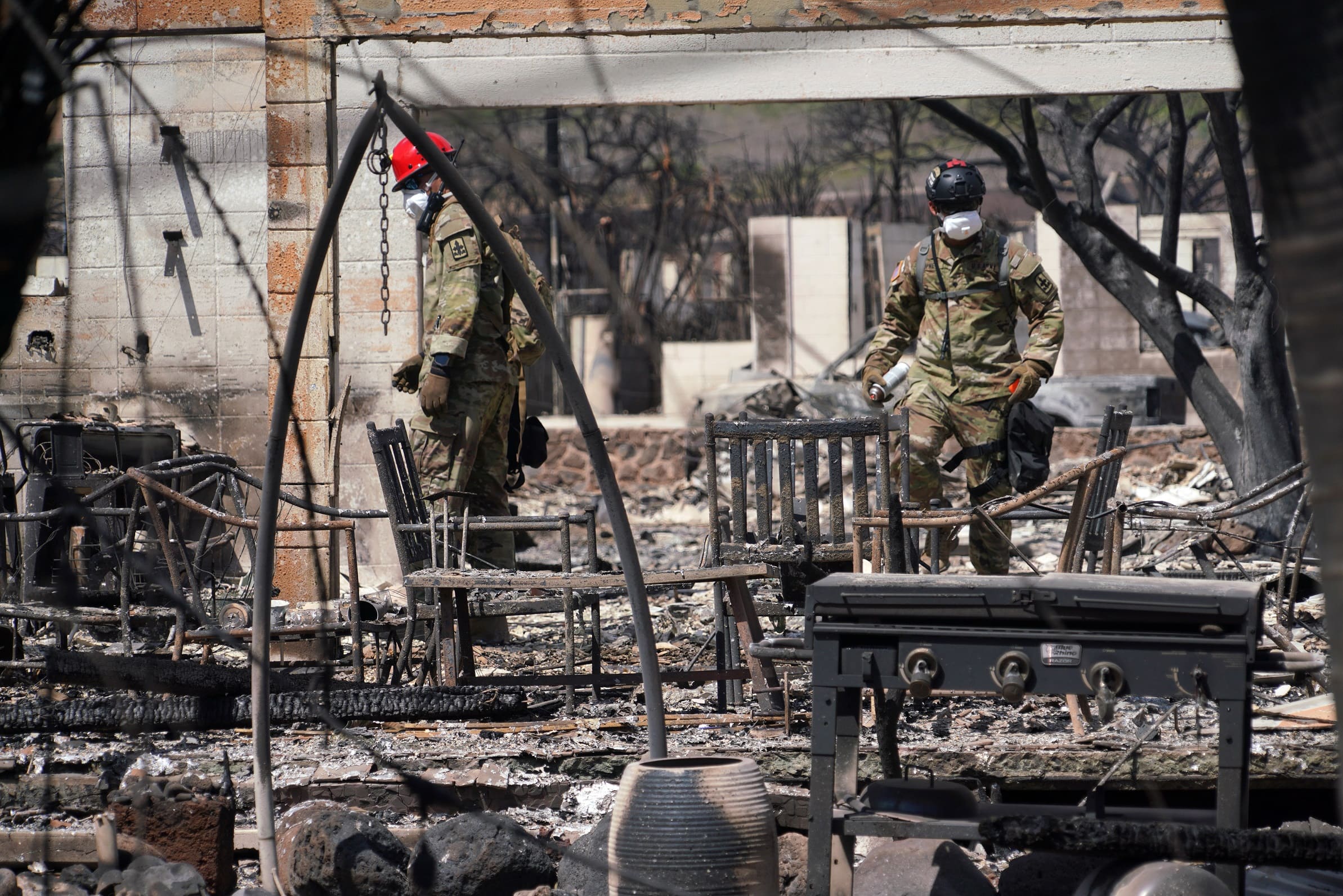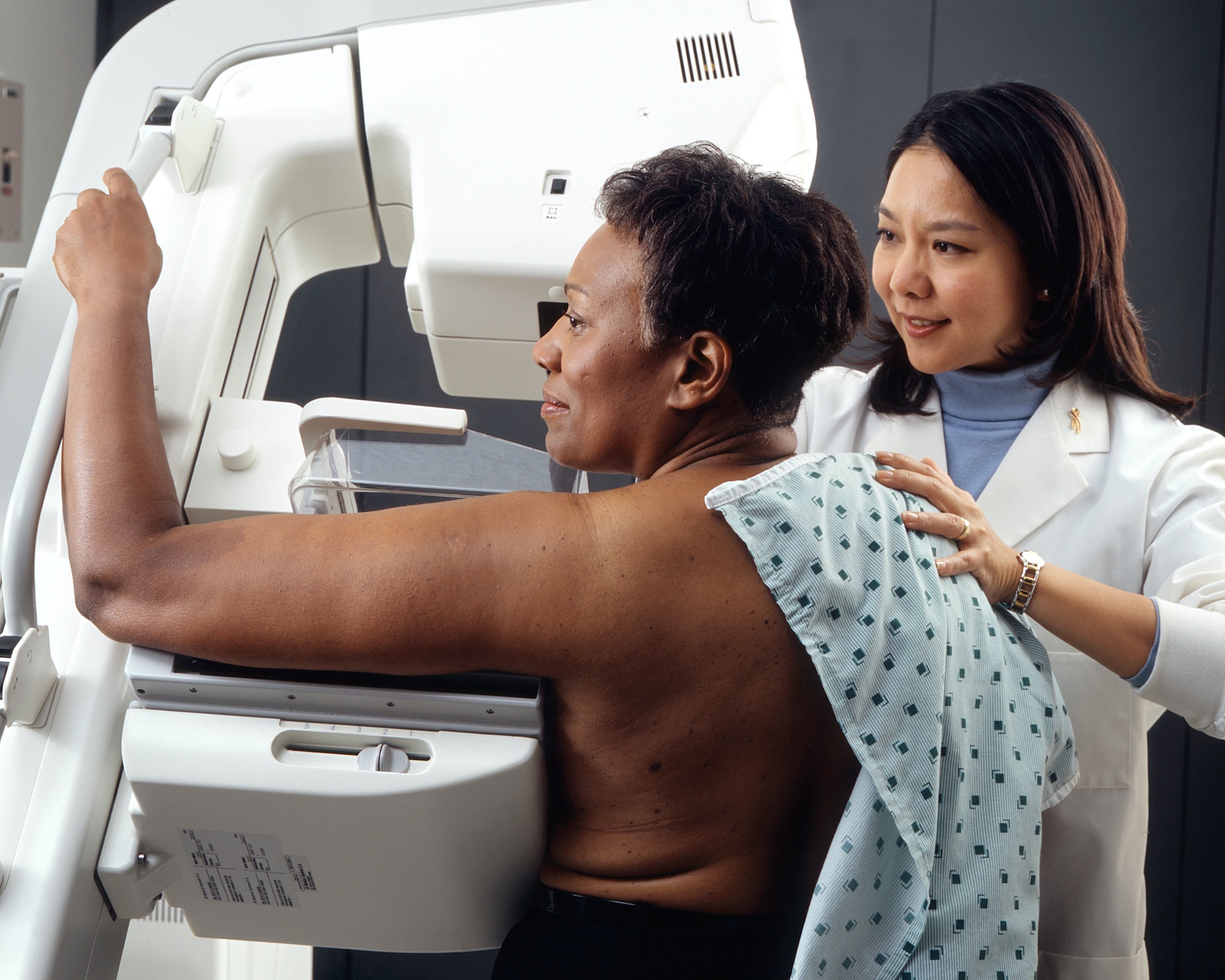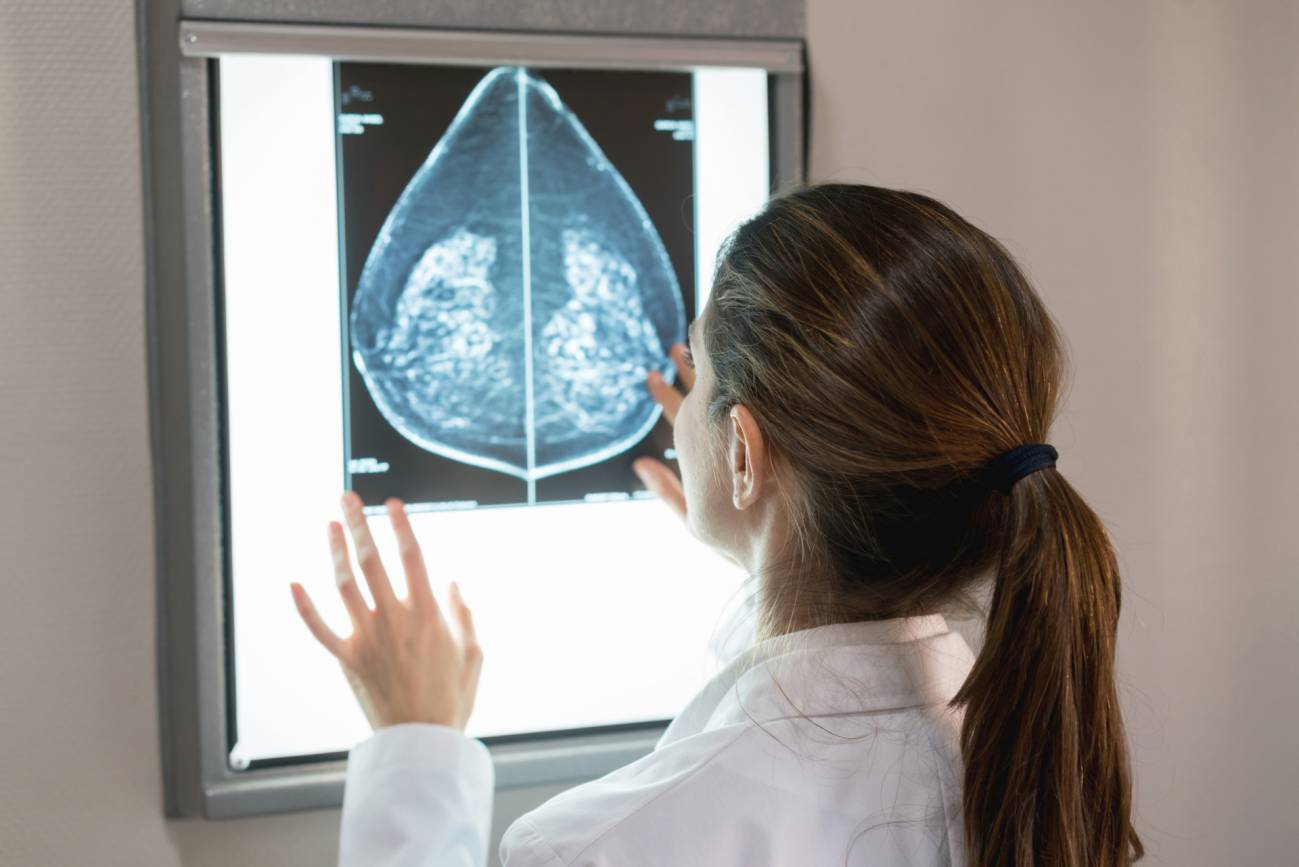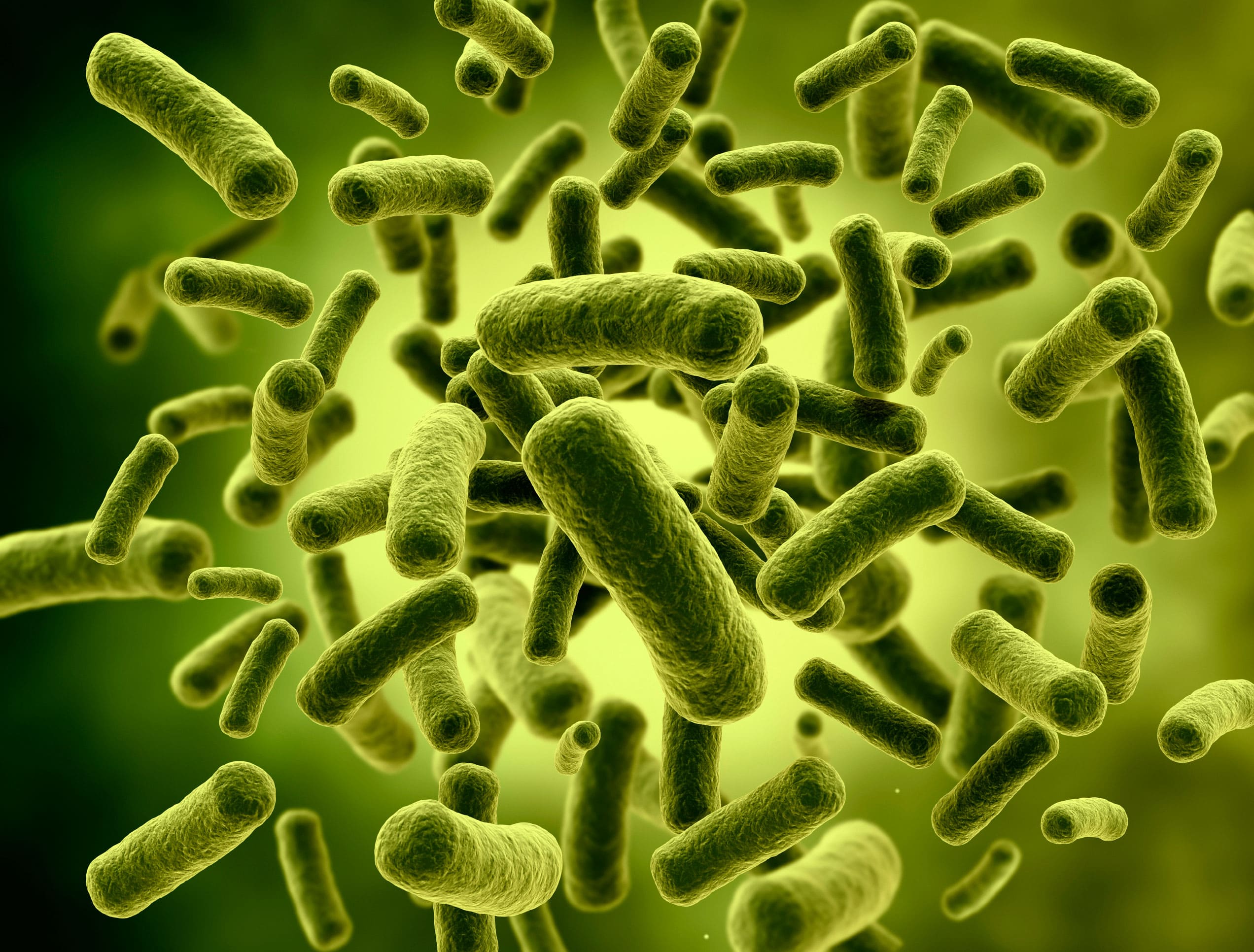Reactions: the wildfire in Tenerife forces thousands of people to evacuate although they manage to stabilize it in some points
The fire that originated on August 15 between the Tenerife municipalities of Arafo and Candelaria, in the northeast of the island, is advancing on several fronts and has affected more than 13,000 hectares, although the firefighting services have stabilized it in some points. The people evacuated in the last days have been thousands. As confirmed by the president of the Canary Islands, Fernando Clavijo, the fire has been caused.
